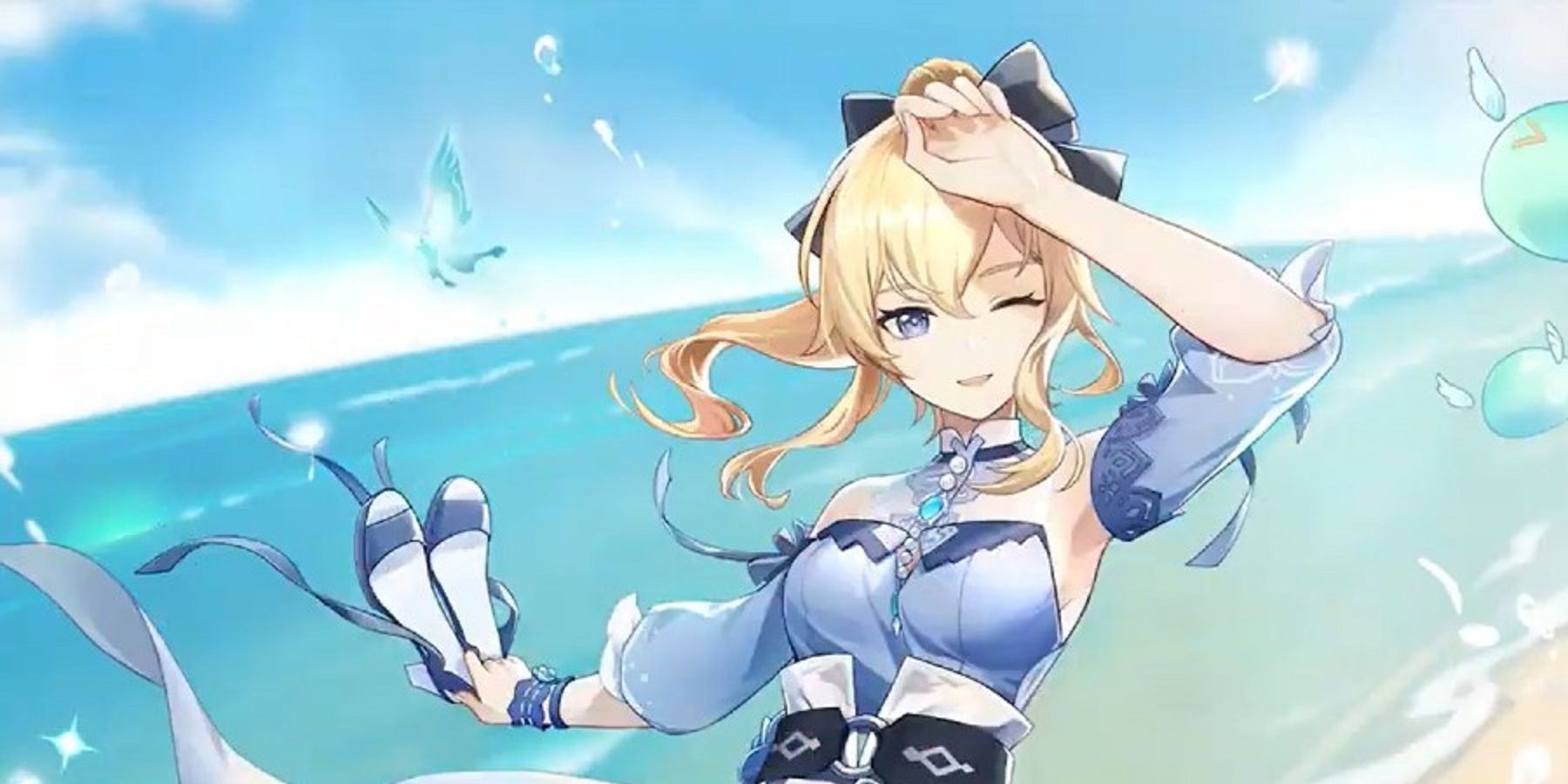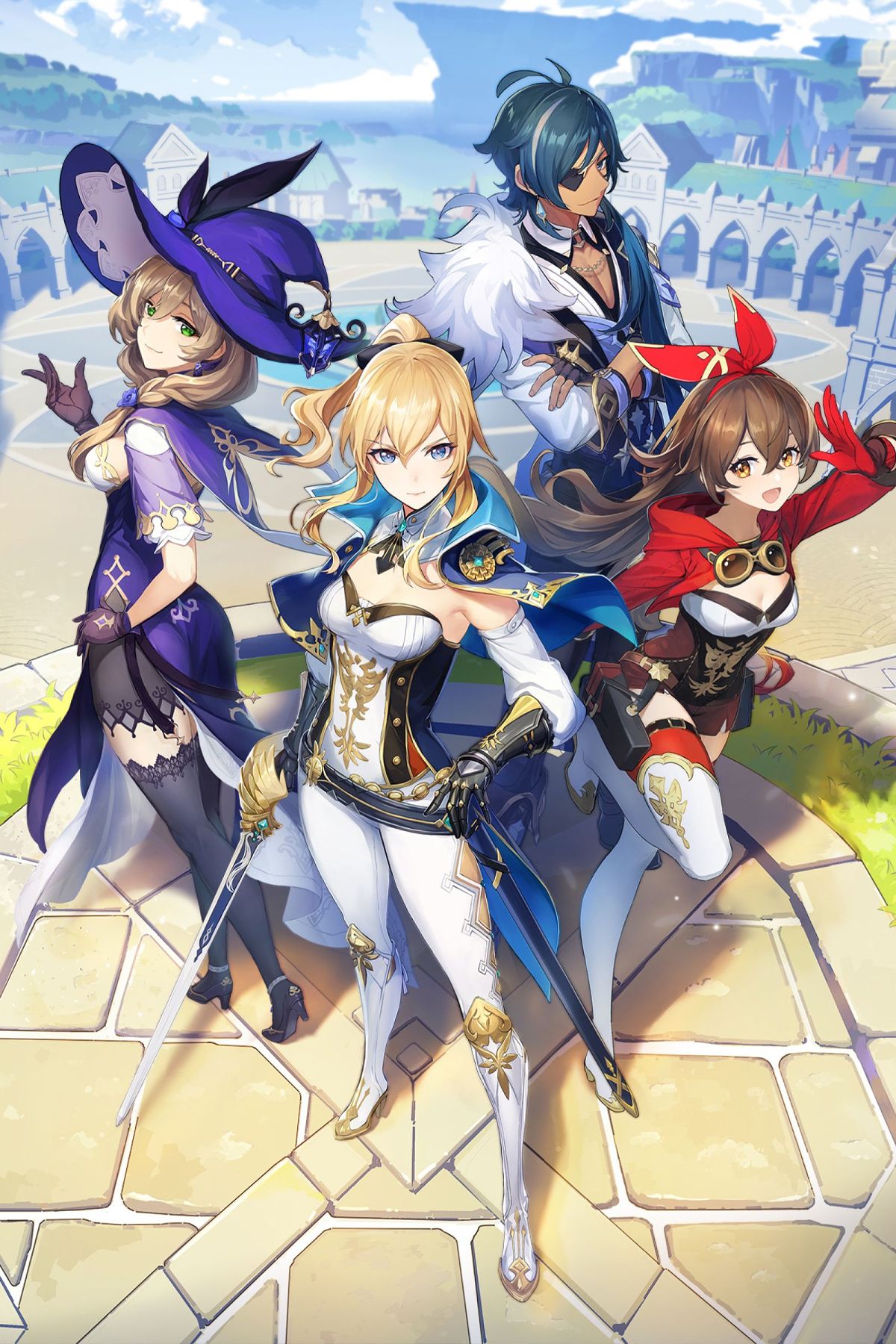
The Controversial Portrayal of Female Characters in Genshin Impact

Genshin Impact's portrayal of female characters has sparked controversy, with concerns about their oversexualization This article delves into the need for changes in their character skins and explores the broader implications
Highlights
Genshin Impact unnecessarily oversexualizes its female characters, including sexualizing religious clothing like in the case of Yae Miko.
The game has implemented some modifications to the attire of its female characters, but further action is required to effectively address the matter.
In contrast, games such as Hatsune Miku: Colorful Stage demonstrate that it is possible to have characters without sexualization while still maintaining a loyal fanbase, indicating that success does not rely on sexualization.
Genshin Impact features a diverse cast of characters that play significant roles in its storyline. However, the game often errs by needlessly objectifying its female characters in an attempt to please fans and generate revenue. As a gacha game, it is understandable to create characters that cater to specific audiences, but crossing the line of appropriateness is another matter. The game has made some efforts to address this issue by providing players with alternative outfits that cover up the revealing attire of characters such as Mona, Rosaria, Amber, and Jean. While these changes may not be extensive, they are a step in the right direction.
Genshin Impact Female Skins Need Changing
Genshin Impact's banner revenue is widely known to be highly lucrative. Regardless of the available characters, players are eager to spend their resources. This raises the question of why Genshin Impact resorts to sexualizing its female characters in order to attract more customers. If a character possesses strength or a unique gameplay mechanic, players will naturally be drawn to them, without the need for sexualization.
The issue extends even to smaller and younger characters who are portrayed in revealing clothing. Sayu, a character in her mid-teens, shares the same model as Diona and yet is depicted wearing a fishnet garter on one of her legs. Such details are unnecessary and inappropriate for young characters, regardless of their intended age, particularly when comparing them to characters like Klee who share the same appearance.
If a game relies on sexualizing female characters to boost their popularity and sales, then it is necessary to reconsider the design of those characters. While it is acceptable to have attractive female characters, their appeal does not solely depend on revealing outfits or excessive skin exposure. Genshin Impact has demonstrated success in creating appealing female characters who are fully clothed, like the Fatui Harbinger Arlecchino. This character, despite not being sexualized, still manages to captivate a diverse range of players who are willing to save up resources to acquire her. This raises significant concerns about the gratuitous sexualization of other female characters in the game.
Various gacha games, including those incorporating gacha mechanics like Hatsune Miku: Colorful Stage, refrain from unnecessarily sexualizing their characters. Such games have proven that fans are driven to collect character cards purely based on their affinity for the characters themselves, without the need for sexual objectification. If other games can accomplish this, there is no reason for Genshin Impact to deviate from this norm and unnecessarily focus on sexualizing its female characters.
Content must be rewritten to:
There is an excessive portrayal of women in revealing attire in Genshin Impact, featuring dress slits, fishnets, garters, and other unnecessary clothing choices. This raises concerns about the suitability of outfits for certain characters, like Yelan, a special intelligence officer in the game. Genshin Impact has shown the potential to focus less on objectifying women for monetary gain, as it has successfully depicted characters like Jean, Mona, Rosaria, and Amber with more modest outfits. However, there is still work to be done in this regard.
Genshin Impact
Genshin Impact, created by MiHoYo, is an immersive open-world RPG that revolves around the interactions of seven elements. This free-to-play gacha game offers a diverse array of characters, weapons, regions, and much more.
Platform(s): Mobile, iOS, Android, PC, PS4, PS5
Release Date: September 28, 2020
Developer: HoYoverse (formerly MiHoYo)
Publisher: HoYoverse (formerly MiHoYo)
Genre: RPG, Action, Adventure, Gacha
Multiplayer: Online Multiplayer
Engine: Unity
ESRB Rating: T for Teen - Fantasy Violence, Alcohol Reference
Crossplay supported on Mobile, PC, PS4, and PS5. Available on Google Play Store.











